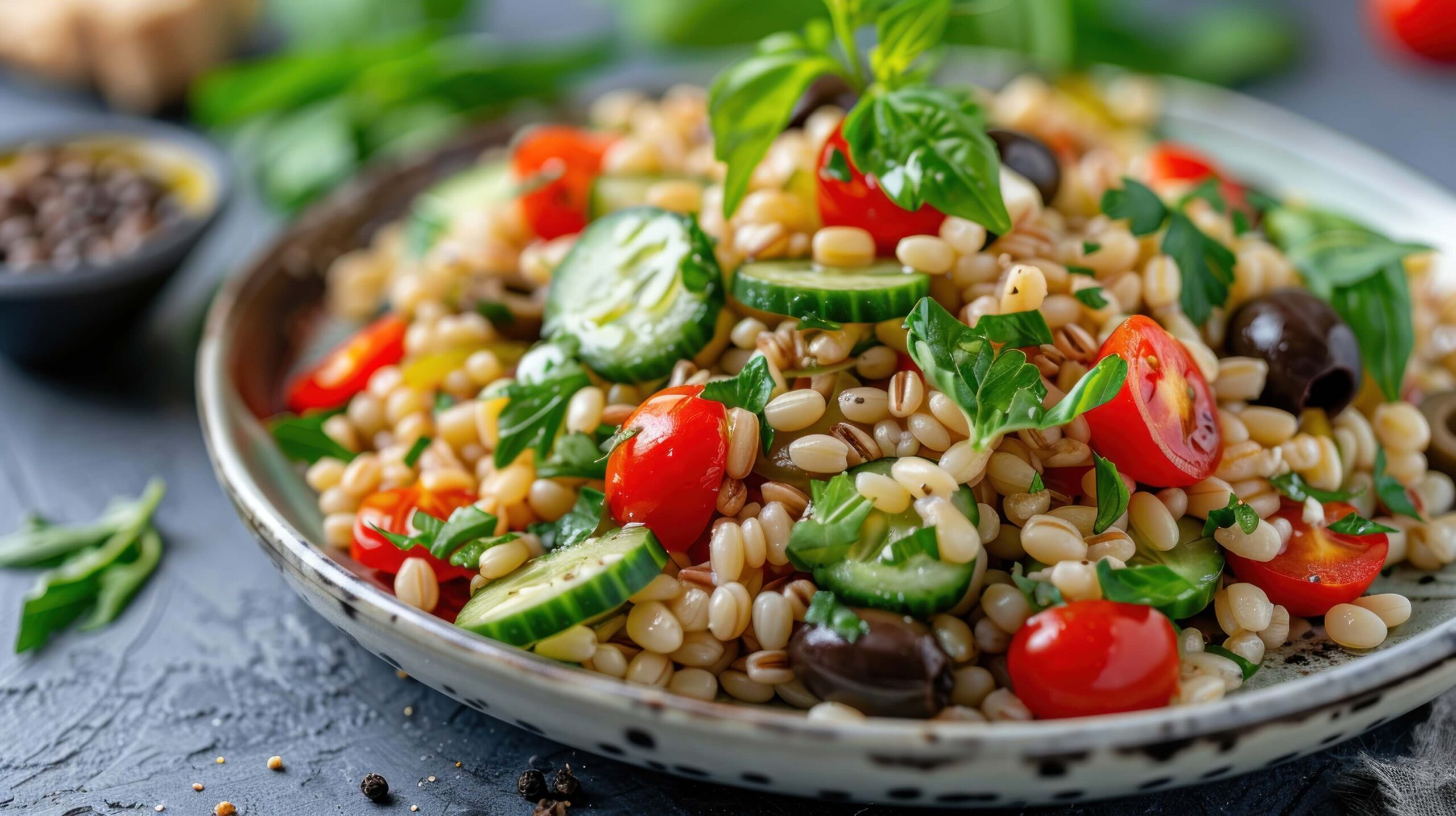Tips For Using Coconut Flour
An excellent grain free alternative for baking is coconut flour. This plant based flour is rich in fiber, healthy fat and protein. The dense yet light flour is a natural byproduct of coconut milk production. Because coconut flour is lighter and dryer in texture it doesn’t perform the same as conventional white flour. Therefore it’s best to keep a few techniques and special instructions in mind when using coconut flour.
If converting a recipe to use coconut flour you can not exchange grain based flour 1:1 with coconut flour. Coconut flour is very absorbent so you use less. A typical conversion is about 1/3 the amount of coconut flour for the amount required of grain based flour. Also, since coconut flour is dryer it’s best to add extra eggs and be sure to thoroughly mix ingredients so the flour gets evenly distributed. If you are trying coconut flour for the first time it’s wise to find a recipe that calls for this plant based flour verses converting a recipe on your own. Once you have tried baking and cooking with coconut flour a few times then you will have a better feel for the proper conversion ratio. Watch the Clearly Organic blog for recipes that specifically call for coconut flour.
Related Blogs
-

Strack & Van Til and Hormel donate hams for the holidays
HIGHLAND, IN. – Strack & Van Til is partnering with Hormel Foods to give away 400 Hormel® Cure 81® hams…
-

Let Strack & Van Til meats and treats make it the most…
Seasonal celebrations have started, and with more parties for hosting — including the main event — pick up holiday dinner…
-

Food is Medicine: Eat Well, Live Long
Eating for overall health and longevity continues to gain attention, and one of the most exciting areas of research today…






